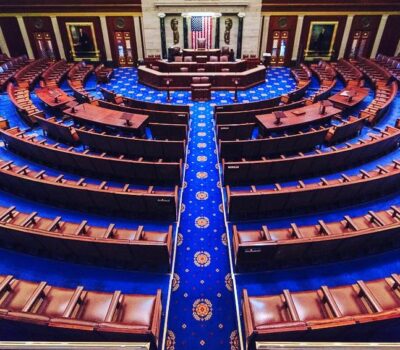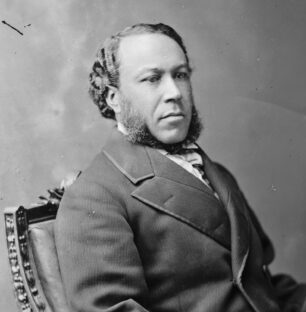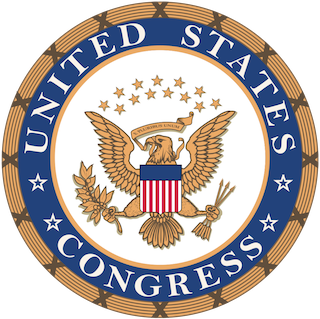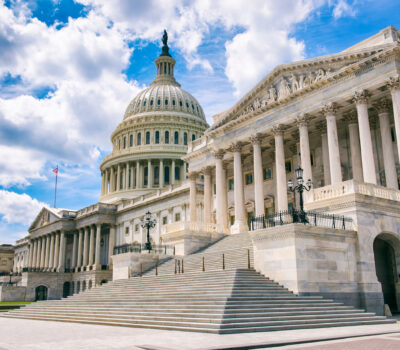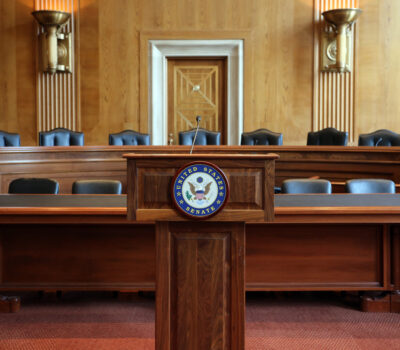The Legislative Branch
Article I of the US Constitution establishes the legislature as a bicameral body consisting of the House of Representatives and the Senate. The legislative branch has the power to make laws, approve the budget, and oversee the actions of the executive branch through the power of oversight and impeachment.
The House of Representatives and the Power of the Purse
So why does the House of Representatives get the first say regarding federal spending? It goes back to ...
More The 12 Appropriations Bills
Agriculture, Rural Development, Food and Drug Administration (FDA), and Related Agencies Covers: USDA, food safety, nutrition programs (like ...
More From Pirate Roots to Senate Gridlock: The Filibuster Story
The filibuster is one of those strange and uniquely American political traditions that almost sounds fictional — yet ...
More State of the Union vs. Joint Session of Congress: What’s the Difference?
A joint congressional session allows the president to address the House and Senate simultaneously. These events are decisive ...
More Joseph Hayne Rainey: A Trailblazing Figure in American Politics
Joseph Hayne Rainey, born in 1832 in Georgetown, South Carolina, holds a significant place in American history as ...
More Legislative Branch Overview
Article I of the US Constitution establishes the legislature as a bicameral body consisting of the House of ...
More What Are the Special Powers of the Legislature?
The legislative branch, also known as Congress, has several special powers that give it the ability to shape ...
More Senate Congressional Committees
Powers of Senate Congressional Committees Senate congressional committees have several important powers, including: Legislative Authority: Senate committees have ...
More House of Representatives Congressional Committees
The United States House of Representatives has several major committees that play important roles in the legislative process. ...
More 


